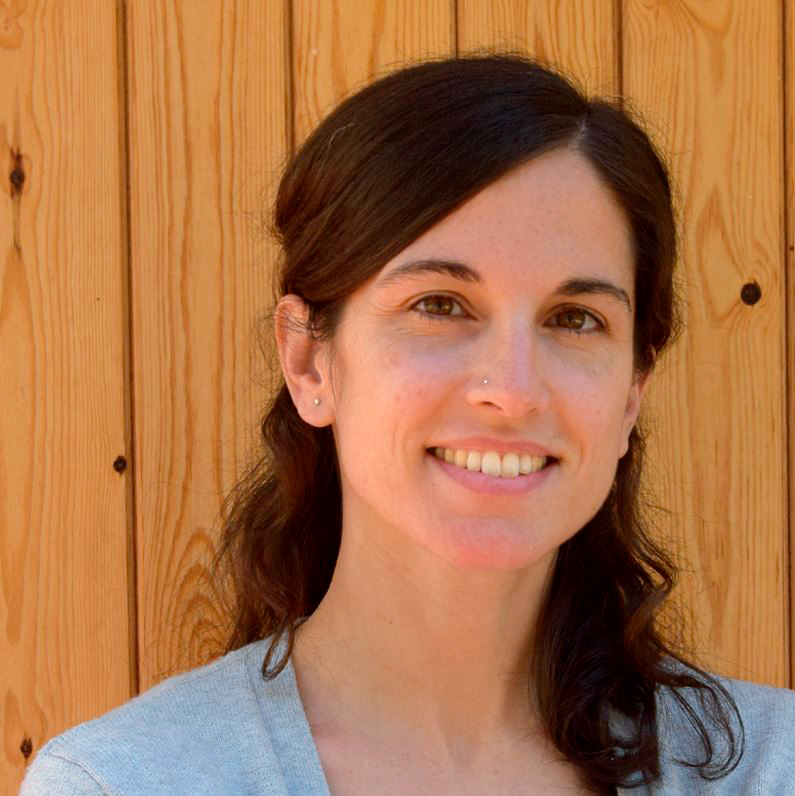
- Citizenship of the Barcelona Metropolitan Area
Description
The residential sector has an important role to play in achieving the EU’s binding target of saving 32.5% of energy efficiency by 2030. Recent EU directives have developed definitions for two types of energy communities, the “Renewable Energy Communities” and the “Citizen Energy Communities”. While there are similarities between the two of them, there are also key differences: their structure and ability to participate as a market player. There is little information available in an accessible way that explains these differences. Citizens often do not feel challenged or do not know how to participate in such initiatives.
The UP-STAIRS project addresses these issues with the aim of accelerating the growth of energy communities by providing a common framework. UP-STAIRS removes barriers to citizen participation in the transition from a consumer market to a ‘prosumer market’.
Specifically, UP-STAIRS will design and implement a one-stop service in the Barcelona Metropolitan Area that will support citizens to organize themselves into energy communities and get involved in collective energy projects. This support structure includes legal, technical and financial advice, as well as business models and decision-making support for assessing a community’s energy potential.
UP-STAIRS will also draw up policy recommendations to facilitate the implementation of energy communities in Europe and in our country.
The UP-STAIRS consortium is coordinated by the International Energy Research Center – Tyndall National Institute (Ireland), and 9 partners from more than 7 different countries.
Role of Ecoserveis
Ecoserveis is responsible for designing the one-stop window service for the 5 pilots where it will be implemented (Spain, Poland, Bulgaria, Austria and Ireland) and facilitating adaptation and replication in different contexts in Europe. It will also be responsible for providing support and training to the pilot that will be implemented in the Barcelona Metropolitan Area.
Objectives
- To promote energy communities, targeting citizens who are not yet self-organized, in order to favor this form of collective organization.
- Develop a one-stop shop model to support collective energy initiatives that are replicable across Europe.
- Generate recommendations for developing policies or programs to boost energy communities.








